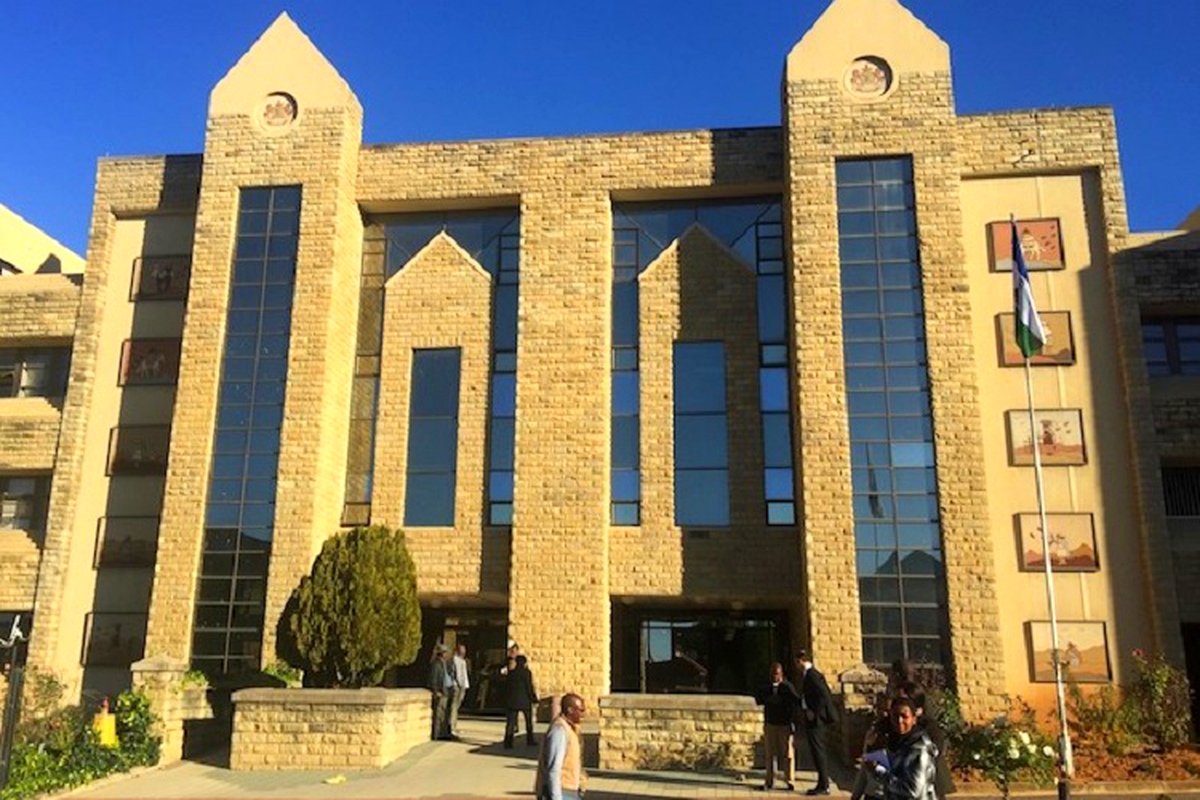THE Lesotho Revenue Authority (LRA) has warned its clients to be tax compliant during the current filing season, which began on April 1 and ends on June 30.
business
April 28, 2021
NEO SENOKO
3 min read
LRA warns clients to comply with tax regulations

The Lesotho Revenue Authority (LRA) headquarters in Maseru
All clients who earned income in the previous financial year are expected by the revenue authority to file the tax returns on or before the said dates.
On Friday last week, the LRA emphasised during the ongoing celebrations of the money month campaign that all its clients should abide by the regulations, to avoid unnecessary penalties.
“Anyone who earns an income in Lesotho is required by law to file income tax returns. Failure to file, late filing as well as failure to pay and or late payment will result in additional taxes being imposed at the rate of 22 percent per annum,” the LRA’s acting head of client education Letsatsi Sepiriti warned.
Under the Lesotho tax systems, the LRA says clients should be compliant and the first step towards being compliant entails registering for tax purposes.
“Whether you are an employee or a sole trader running his or her own business, we expect you to register for tax purposes. To register, depending on whether you are a company or an individual, we expect you to come with your identity documents and prove of income.
“Once you have submitted these documents to us, we will register you into our systems and subsequently provide you with a taxpayer identification number. This is a unique reference number that is allocated to a taxpayer upon registration with the LRA,” Mr Sepiriti added.
In the case of employees, clients should be able to obtain tax certificates from employers according to the Income Tax Act.
Businesses on the other hand are expected to declare correctly the amount of income generated during that year of assessment.
“We expect you to show us how much turnover you have generated and also declare all your sources of income. As the LRA, we are more interested on the profits that you would have generated as a company because that is where we are going to impose tax at a prescribed tax rate,” Mr Sepiriti further showed.
Clients have also been warned to declare expenditure correctly. There is a tendency, the LRA says among some clients of overestimating their expenditure with the hope that it will reduce their taxable or chargeable income.
Furthermore, when importing goods from other countries, clients are expected to declare the true value of such goods and there should be no under declaration of the goods.
“There is another tendency among some clients of filing their returns on time but failing to pay the tax that accompanies such returns,” Mr Sepiriti further warned.
Enjoy our daily newsletter from today
Access exclusive newsletters, along with previews of new media releases.
The Lesotho tax system is made up of direct and indirect taxes. Direct taxes are those that are imposed directly on a person’s income. They include personal income tax and corporate income tax. They are charged on company profits at the end of a financial year.
Indirect taxes are those that are charged indirectly on people’s income and on the goods and services as consumed by a consumer. These include VAT and customs duties.
Customs duties on the other hand are imposed on goods that are imported into Lesotho, from countries outside the Southern African Customs Union (SACU) region, while excise duties are imposed on excisable goods.
In the previous financial year, the LRA managed to register a revenue collection of M6.350 billion, registering a 13 percent surplus into the fiscus.
The 13 percent surplus means the revenue authority exceeded the target by M745 million. The authority was given a mandate to collect M5.605 billion revised from the initial target of M7. 591 billion, about 35 percent reduction due to the pandemic.
The effects of COVID-19, which were characterised by several economic disruptions led to the revision.






